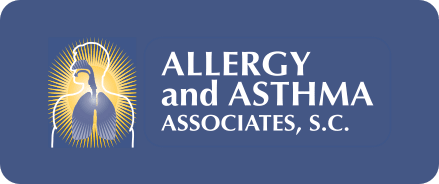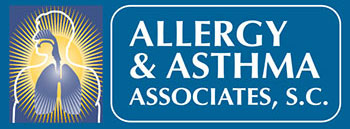What is a food allergy?
A food allergy is an allergic type immune response to food caused by an allergic antibody called IgE.
Your body can treat a normally harmless type of food as if it was a dangerous bacteria, virus or other infectious agent.
Food allergies can range from a mild rash, abdominal pain or even a life-threatening complication like anaphylactic shock. You can develop a food allergy at any time, but it is more common in people with a personal history or family history of other allergic problems.
How do I know if I have a food allergy?
For some, a food allergy can be a mild discomfort while for others it can be life-threatening. Food allergy symptoms usually develop within a few minutes but can also be seen up to two hours after eating food.
Symptoms of a Food Allergy:
- Oral itch
- Hives
- Swelling of the mouth, tongue or throat
- Sometimes a wheeze and cough, especially in infants and children
- Sometimes gastrointestinal symptoms, such as vomiting, abdominal cramps or diarrhea.
Food intolerance, which is not an actual food allergy, also may give gastrointestinal symptoms.The best way to diagnose any of these symptoms is by visiting an allergist.
Common Food Allergens:
- Proteins in milk
- Peanuts
- Eggs
- Wheat
- Soy
- Tree nuts
- Fish
- Shellfish
Food Allergy Diagnosis At Allergy and Asthma Associates
For an accurate diagnosis, we use allergy skin tests. Various blood tests may miss true allergies by up to 25-30%, and in some cases they may over-diagnose food allergy. Skin testing for food allergies could help guide trials of specific food avoidance.
A food diary may also be helpful. Treatment is primarily strict avoidance by careful reading of food labels. An EpiPen should be-available at all times for people with potentially life-threatening reactions.
When Should I See A Doctor?
You should see a doctor or allergist if you experience any symptoms shortly after eating. If possible, we recommend you see a doctor when the allergic reaction is occurring. This can help expedite a diagnosis of a food allergy.
Seek emergency treatment if you are experiencing any signs or symptoms of anaphylaxis: constriction of airways making it difficult to breathe, rapid pulse, dizziness or lightheadedness, or a severe drop in blood pressure.
Allergy and Asthma Associates is accepting new patients if you are concerned with food allergies. Schedule an appointment today to find relief in your food allergies.


